Cultural appropriation in Mezcal and Tequila
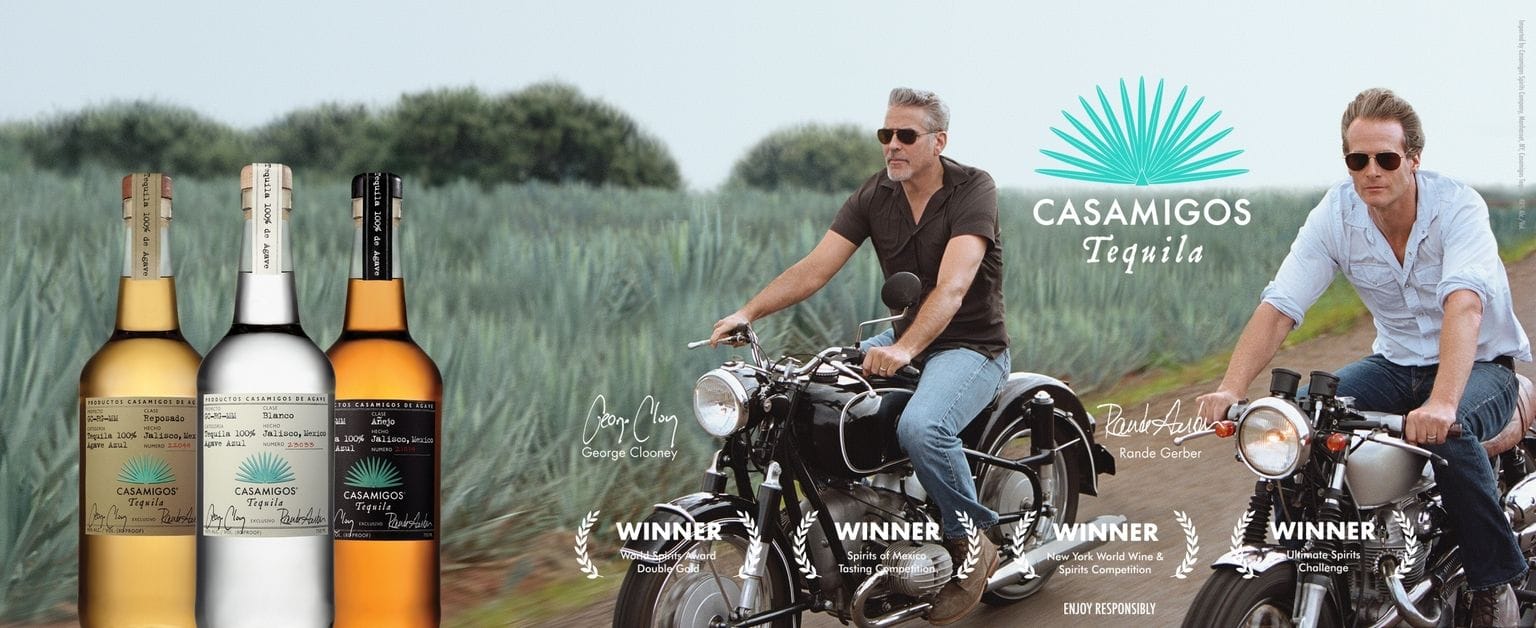
In this week's newsletter, we'll dive into this spicy topic of cultural appropriation. These questions and feelings always come up when I order my weekly margarita.
Over the last year, I've had mixed feelings whenever I order Mezcal or Tequila. I started analyzing my feelings by questioning the brand authenticity of my Mezcal collection. Later, I realized that most of the brands I like are authentic. It's the cultural appropriation that bothers me.
What is brand authenticity?
According to Sprout Social:
Brand authenticity refers to if consumers believe a brand is genuine about their products/services, promises to customers and their brand values. Authenticity is a key component to building a cohesive brand strategy.
In the age of social media, brands can’t hide anything from their customers. Your audiences can find out everything they need to know about your business from other consumers, media and the internet.
Part 1 of my journey - Madre Mezcal
I remember the day fondly. I was enjoying some Madre Mezcal, and one of my friends mentioned that a Brand Incubator owns it.
His words were, "It's not authentic."
I was shocked.
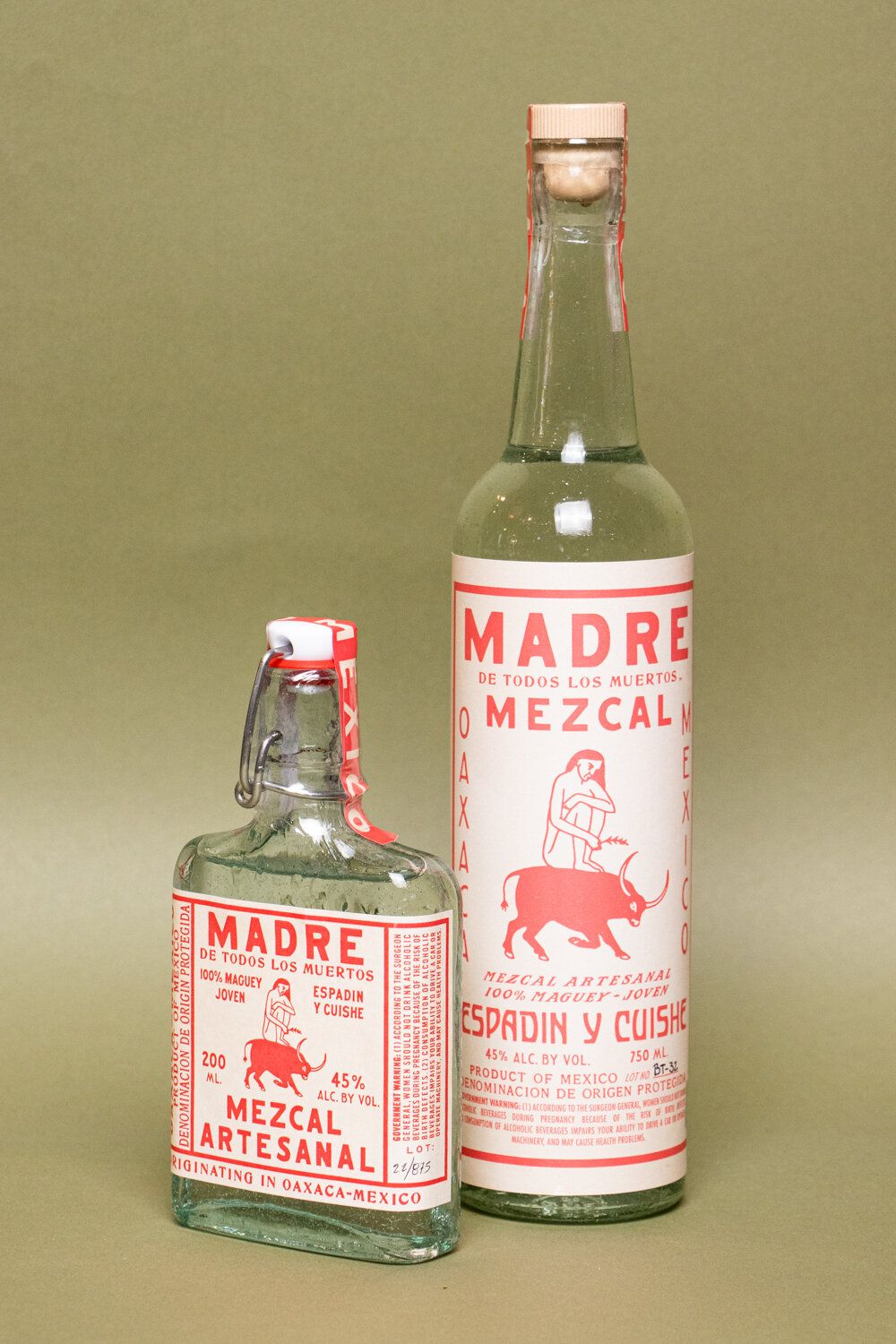
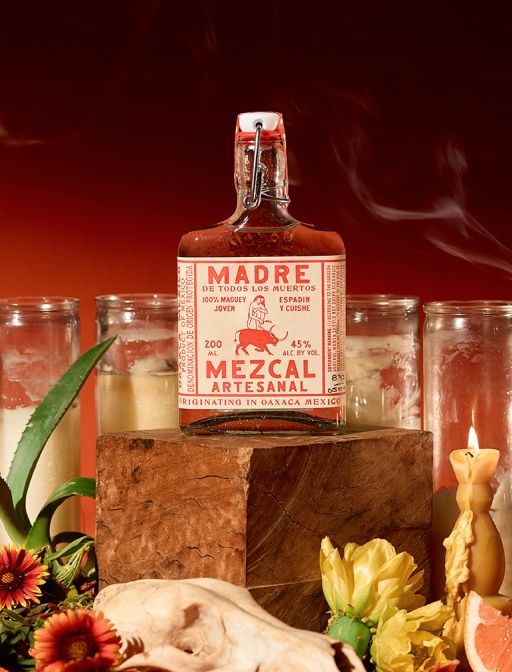
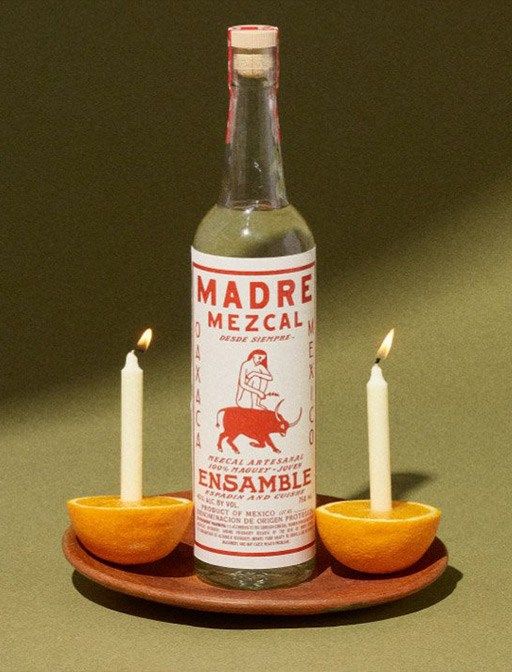
This feels so authentically Mexican. The coloring. The branding. Everything.
I loved this bottle of Mezcal, and I even bought it as a present for some friends.
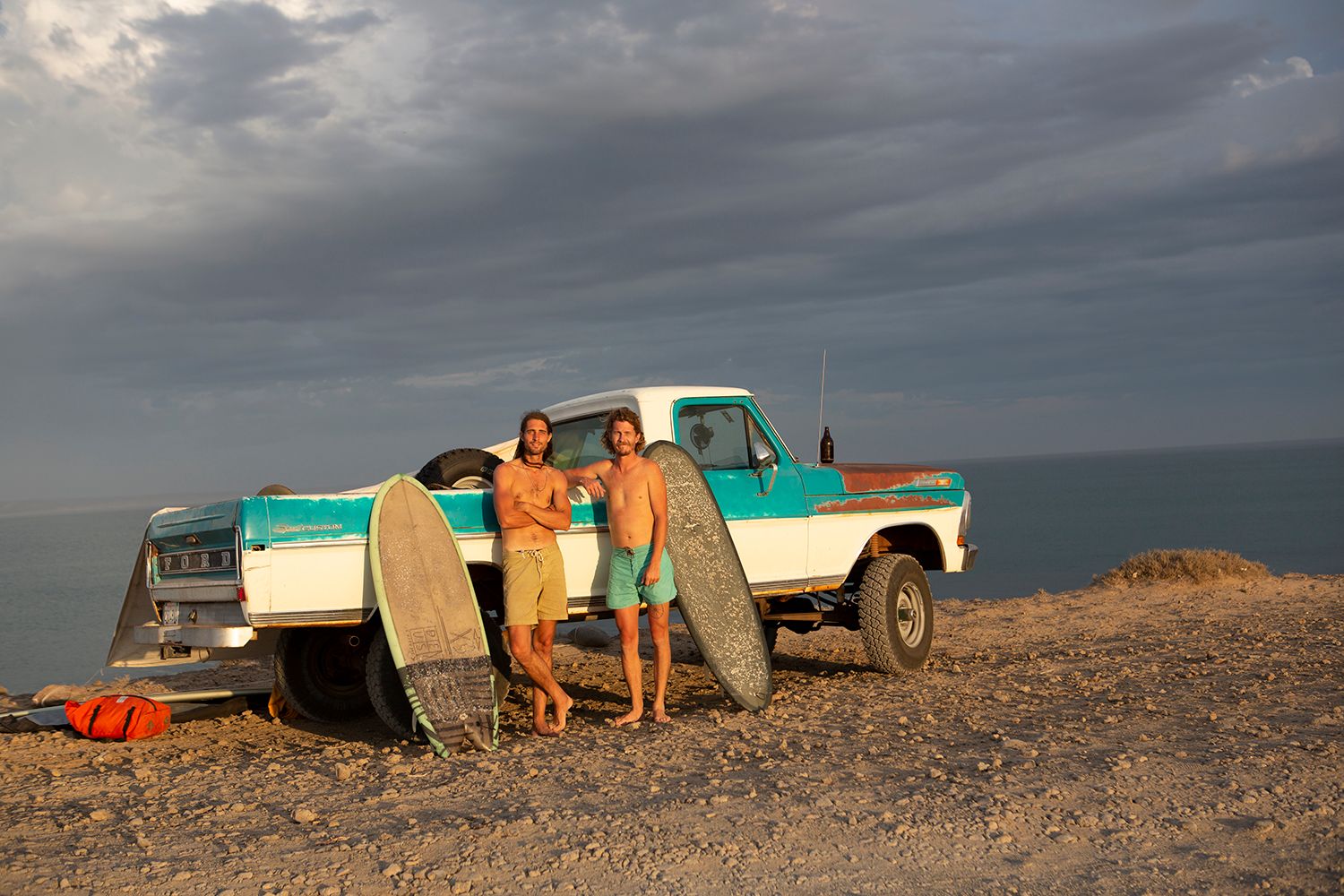
I have nothing against the founders, Stefan Wigand and Tony Farfalla. They've managed to create a brand that resonates with many people.
You also have to make Mezcal in Mexico. Buying Mezcal supports the local economy and the families with which Madre Mezcal has contracts with.
However, something still felt off for me. Emotionally, I was like, OK, this is too complicated. I'm going through mental somersaults. Should I still buy this Mezcal?

It was too much for me. It didn't feel authentic to me anymore. I was out.
Madre Mezcal
- Cofounders: Stefan Wigand and Tony Farfalla
- CEO: Chris Stephenson
- Made in: Oaxaca, Mexico
Part 2 of my journey: Del Maguey
I was like, alright, I'm just going to buy Del Maguey instead. This HAS TO BE authentic.

Vero and I bought a bunch for a party we were throwing at our place in San Francisco.
I remember the day fondly as well. Vero was like, "Oh hey by the way, this Mezcal isn't authentic. A French company owns it."

I was like ??? It looks so Mexican.

Somehow, I found this one more funny. I'm still processing this one.
Del Maguey
- Founder: Ron Cooper
- Current Owner: Pernod Ricard, France
- Made in: Oaxaca, Mexico
818 Tequila

In 2021, Kendall Jenner launched 818 Tequila. I've never seen my Twitter or Instagram timeline blow up like it did during the launch of this brand. Members of the Latinx community were frustrated with Kendall launching a Tequila brand.
I remember vividly seeing many dissent posts on social media.

818 Tequila
- Founder: Kendall Jenner
- Made in: Jalisco, Mexico
De La Calle Tepache

Although this article mainly talks about Mezcal and Tequila. I would be remiss in not bringing up a De La Calle Tepache.
Tepache is a drink common in indigenous groups in LA, Mexico, and other southwestern US states. It's sold traditionally at restaurants where it's made in-house or on the streets by street vendors.

De La Calle Tepache is commercializing Tepache in the United States in a can. With its bold branding, marketing, and typography, it screams the brooklynization, arts districtification, sohofication of this drink.
De La Calle Tepahce is an interesting discussion topic in Los Angeles food circles. I can't do the topic justice, so I recommend reading the following article from the LA Times.
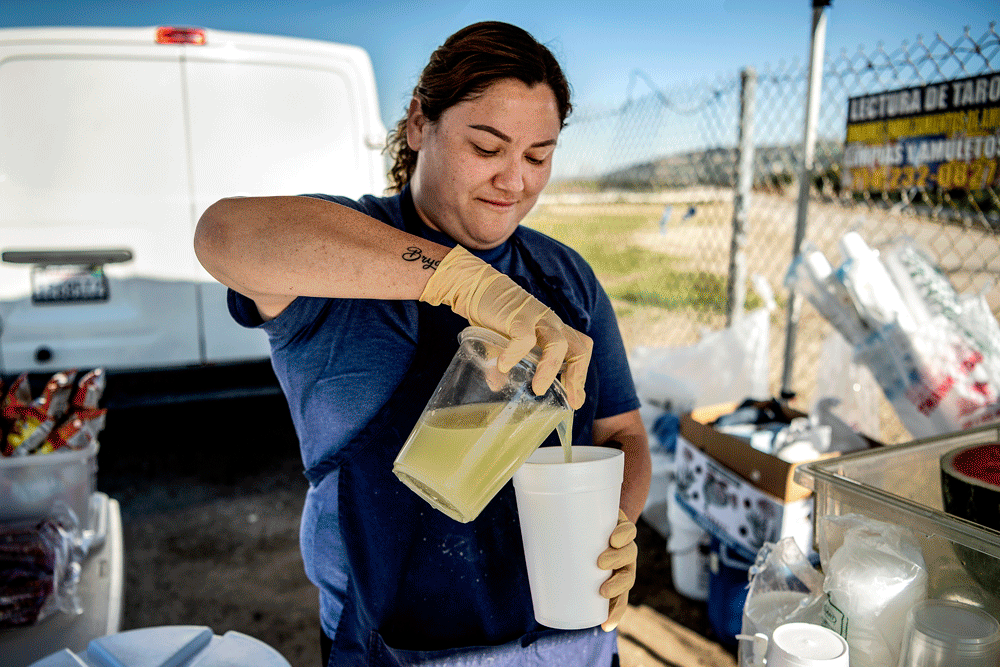
Part 3 of my journey: Cultural appropriation
After having mixed feelings whenever I ordered Mezcal, I took time to come to a perspective. There was an "aha!" moment that clicked.
When I look at the examples of Mezcal and Tequila above, I believe they are all authentic.
Almost all Mezcal and Tequilas are made by families or distilleries in Mexico. Most of the brands try to do their best to make families be paid fairly and equitably.
My main problem is cultural appropriation or feelings of economic colonialism, not authenticity.
What is cultural appropriation?
From Wikipedia:
Cultural appropriation is the inappropriate or unacknowledged adoption of an element or elements of one culture or identity by members of another culture or identity. This can be especially controversial when members of a dominant culture appropriate from minority cultures. According to critics of the practice, cultural appropriation differs from acculturation, assimilation, or equal cultural exchange in that this appropriation is a form of colonialism.
Feeling economically colonized
Members of cultures who feel commercialized or gentrified are battling many feelings.
It can be disheartening to see something that you find as part of your culture and see it commercialized in a more profitable way before your eyes.
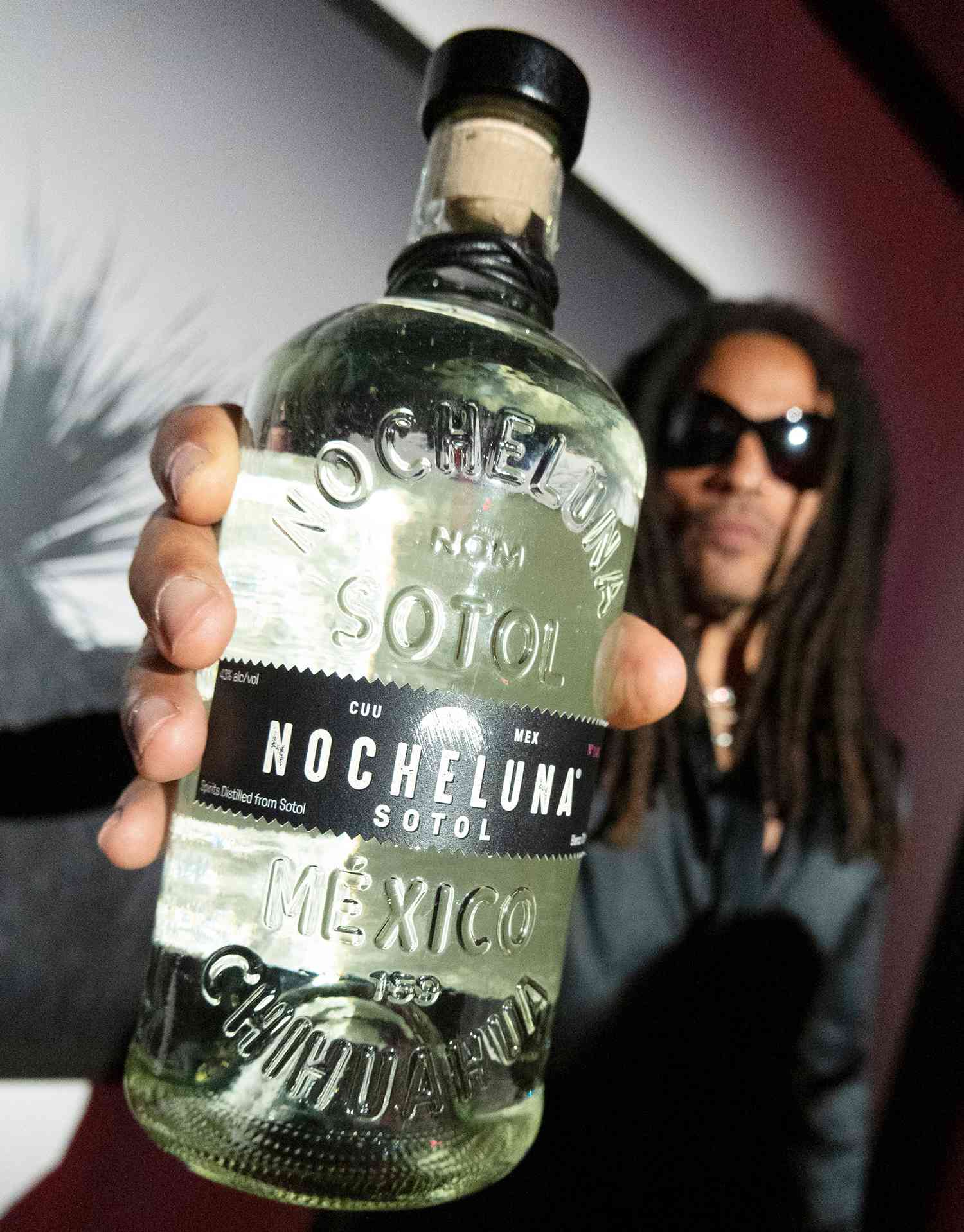
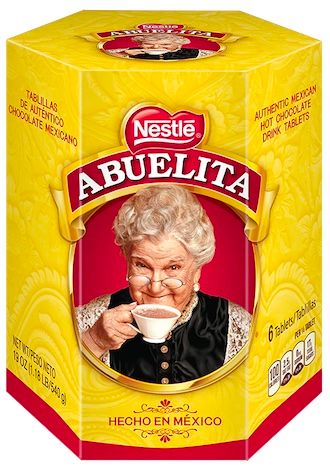
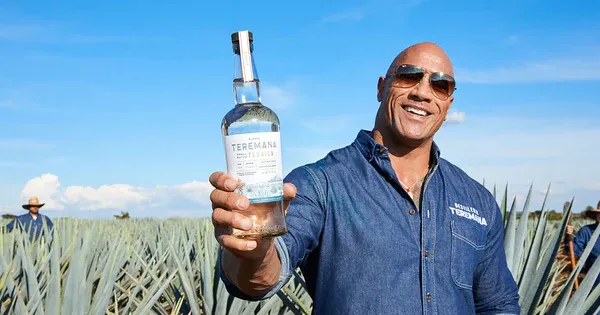
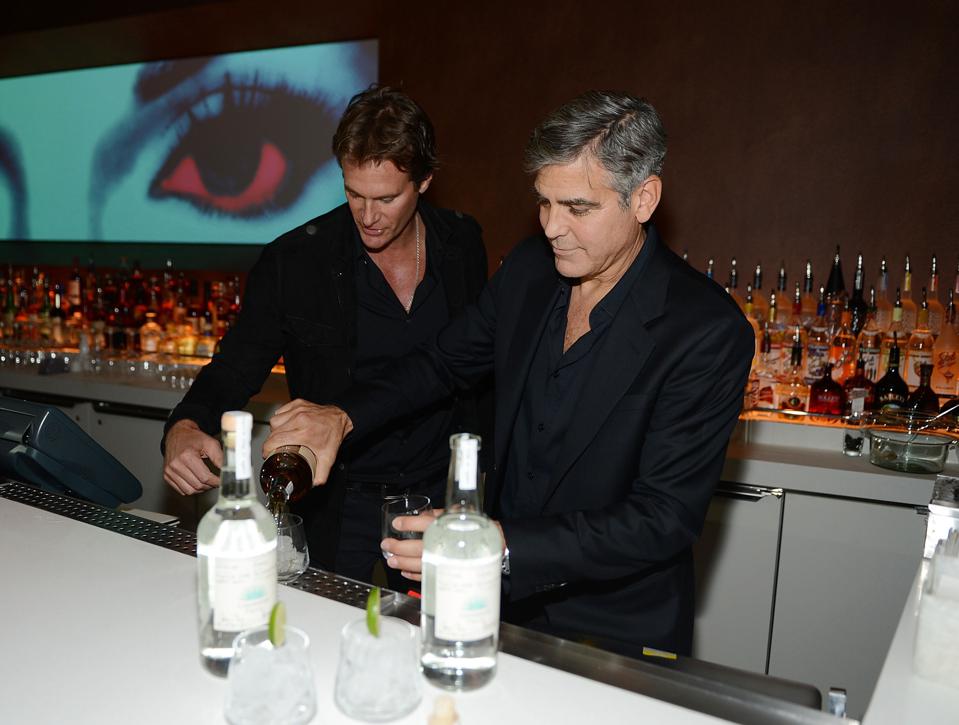
Many questions often come to mind:
- Why didn't someone from our culture create something like this?
- Where is the money from these brands going?
- Will my people get tricked into thinking this is "authentic"?
- Are these brands exploiting their foreign counterpart or teammate from a "minority" culture?
For that, I don't have an answer.
How do we move forward?
As consumers, we can choose where to use our purchasing power. Governments are working to regulate industries with these thorny issues (e.g., regulating Mezcal and Tequila production in Mexico).
However, it can still be challenging to decide at the moment with limited knowledge.
When I go out, there aren't always many options for Tequila or Mezcal that are 100% owned by Mexican owners.
But I do know I like Casa Amigos and Del Maguey's taste. And for that, I'll probably order it and enjoy it. Casa Amigos, for all its criticisms, is an A+ Tequila.
Let me know if you have any thoughts via the comments or email.



